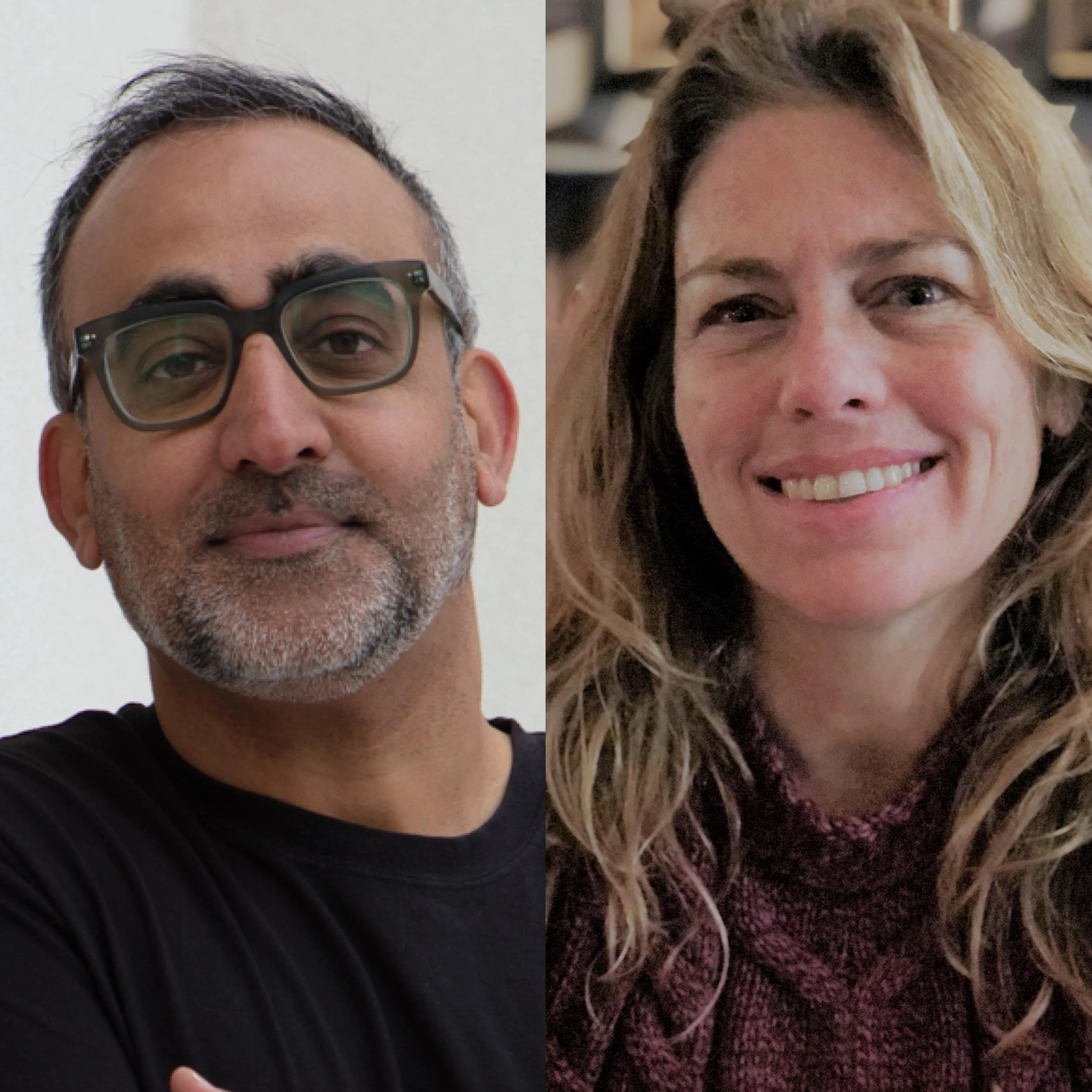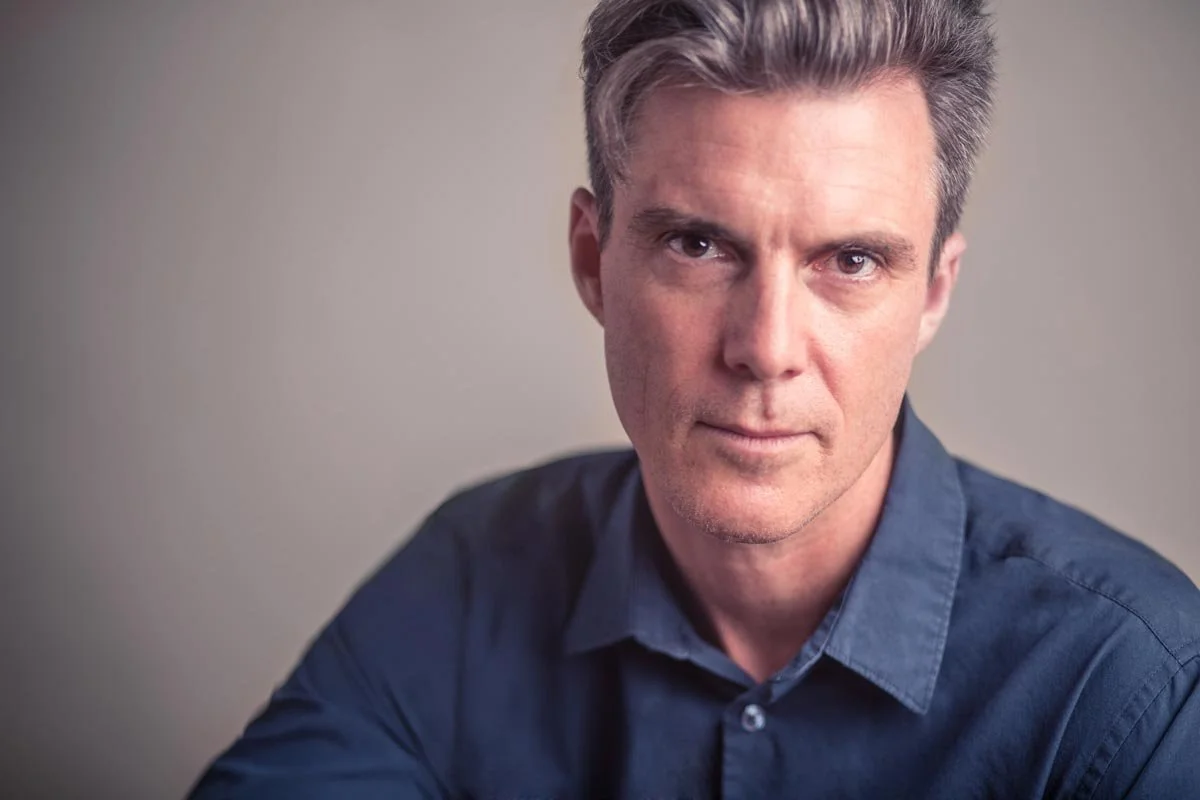Author of Environmentalism from Below (Haymarket 2024) · Extinction: A Radical History · People’s Power: Reclaiming the Energy Commons · Professor of English at the Graduate Center / CUNY and the College of Staten Island
The message is that indigenous sovereignty is connected to the preservation of biodiversity. And right now the statistics are really shocking on so-called protected areas, which currently constitute 17% of the planet. And the goal coming out of that Montreal conference for the biodiversity crisis last autumn is to roughly double that amount of protected areas, right? So the slogan was 30 by 30. 30% of the planet in protected area status by 2030. So we're really talking about massive expansion of protected areas. But within protected areas themselves, according to recent reports, only about 1% of the land actually has indigenous sovereignty. There are other arrangements like co-management, for instance, or indigenous people who are kind of encouraged to see their claims to conservation organizations with the guarantee that it will be protected and they'll have access of some kind. But, you know, as some of the indigenous activists who appeared at this conference and who are in the Decolonize Conservation! book said, they don't like the idea of co-management because it's essentially colonialism. They want control of their land.

